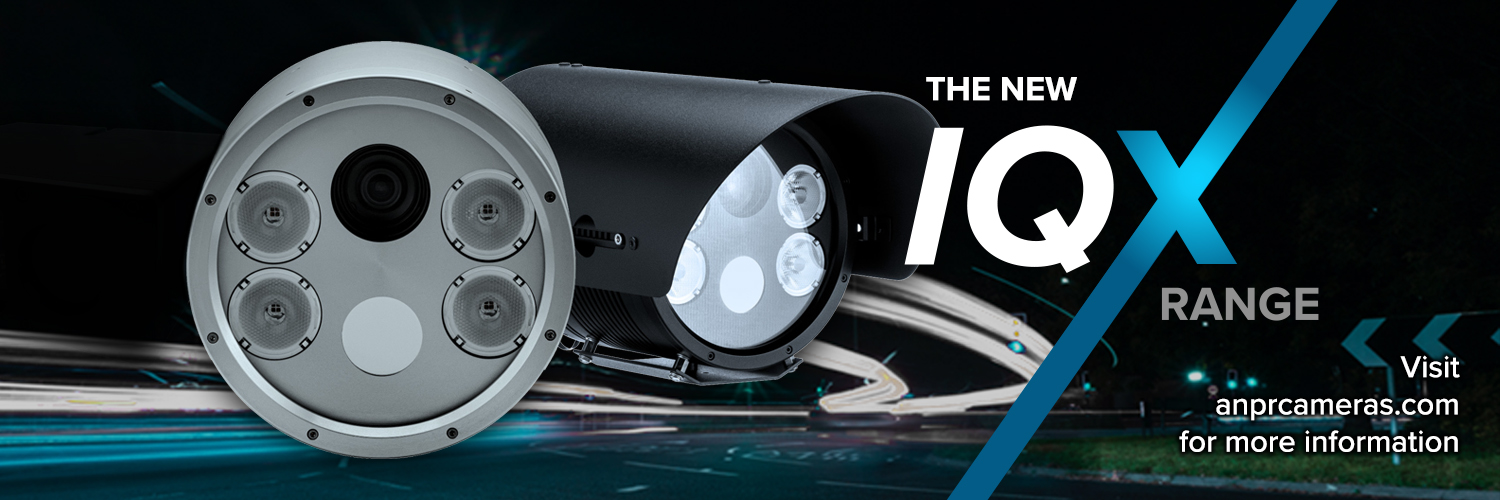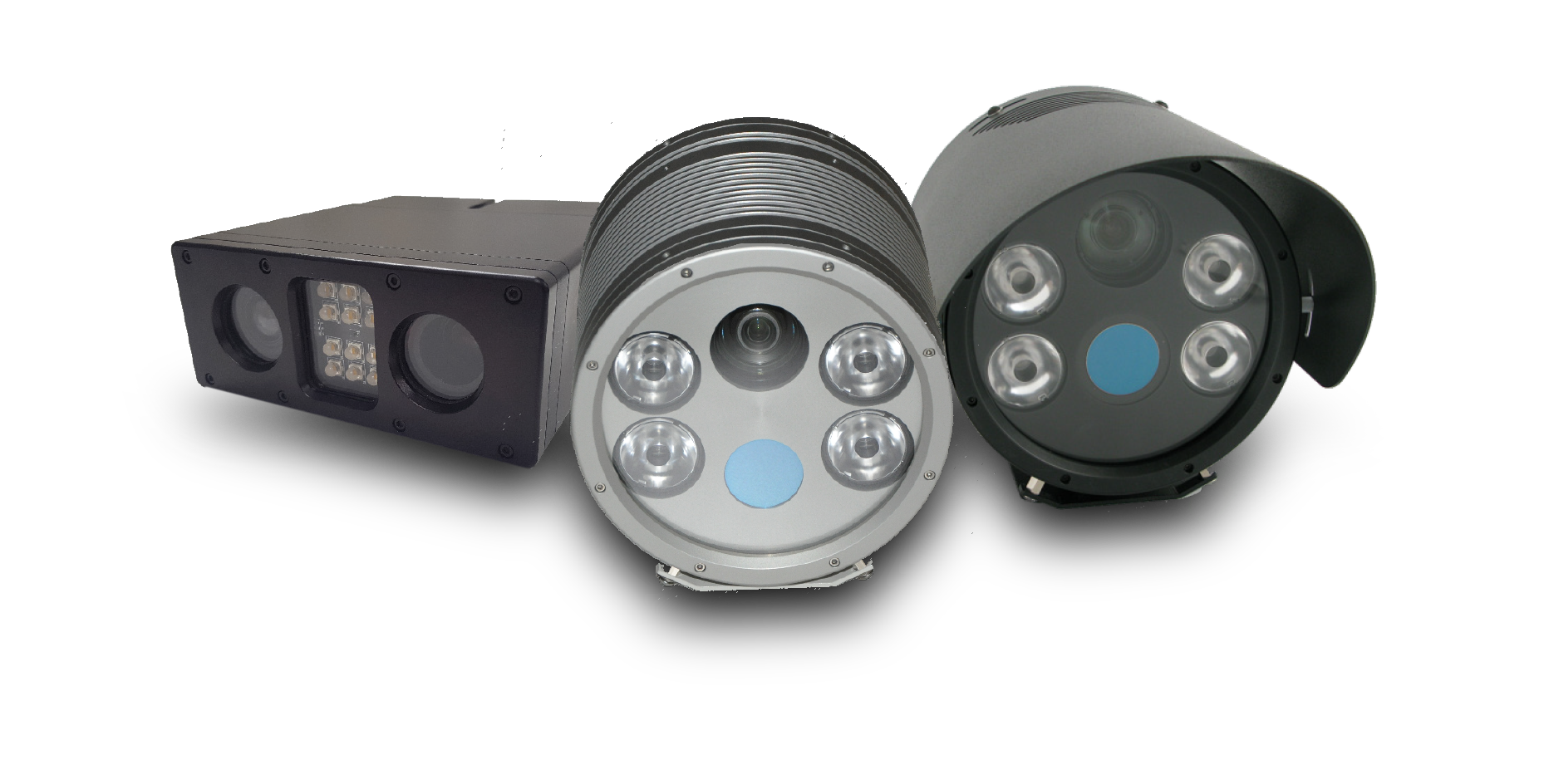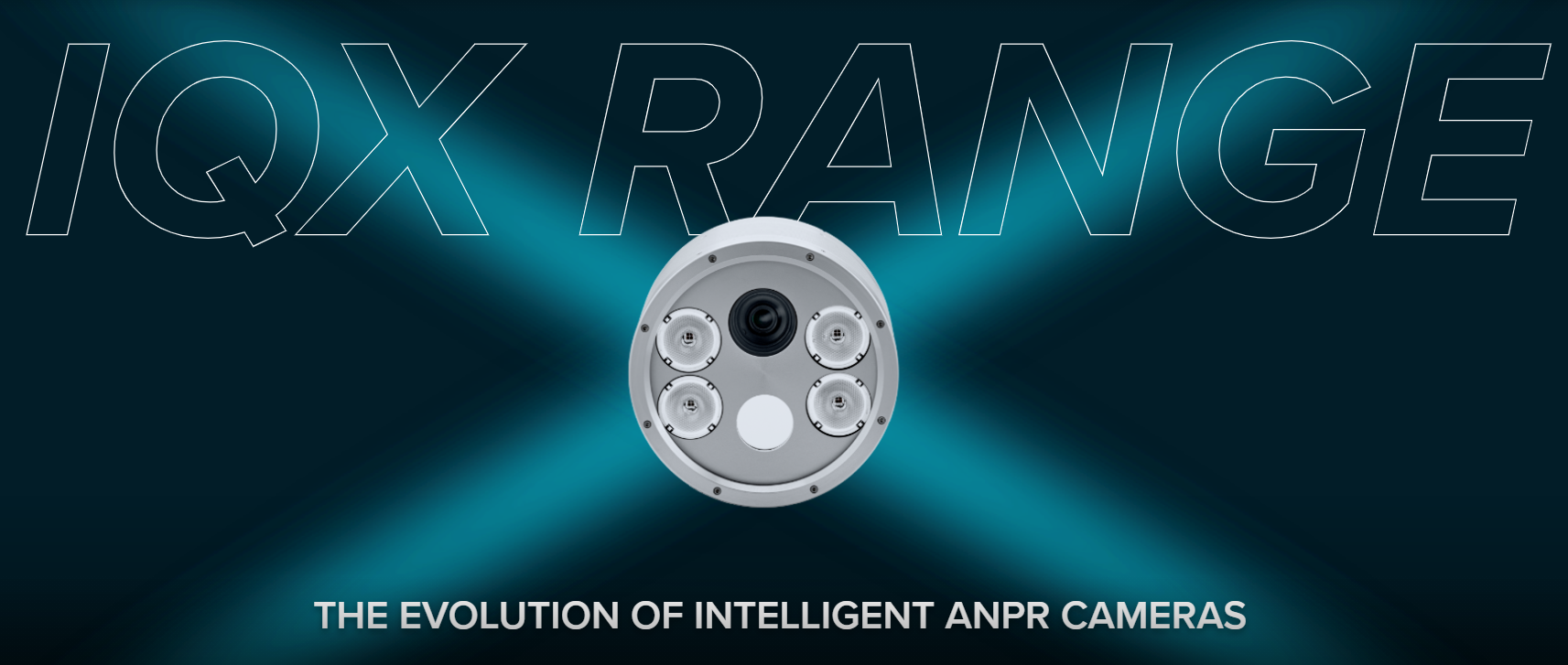
The ITS and Tolling market have traditionally developed technologies such as ALPR in-house in order to preserve a level of competitive differentiation and control. This is from a time when only heavy-weight ALPR cameras and separate computing platforms were able to meet requirements of high speed multi-lane highways. However, technology evolves and the latest ITS/Tolling systems are now multi-sensor solutions that combine a growing number of sensory inputs alongside the ALPR to provide accurate and reliable classification and identification.
ALPR is a critical element of the solution and is now operated alongside radar, LIDAR, thermal, optical, Bluetooth, in-road weight and tyre sensors. The true worth of a modern ITS/Tolling system is based on how these many disparate technologies can be integrated into a homogeneous solution and delivered on-time and profitably.
In this new world, the role of the ITS/Tolling experts is increasingly differentiated by how they combine the mass of information from these multiple sources of data and their delivery of this data to their end customer. Forward thinking companies now embrace collaboration and close partnerships that are available with industry leading sensor experts to take their solutions forward.
The real breakthrough in treating ALPR as a sub-system rather than a core component has been the advent and recent domination of the latest intelligent ALPR cameras. The best of these are not just housings that combine the traditional ALPR system elements into one box. Instead, leading intelligent ALPR cameras take direct image sensor output into DSPs and/or FPGA front-ends and perform ALPR on raw image data with great accuracy.
It is with this background that MAV Systems Ltd, a UK manufacturer and designer of ALPR cameras, offers their core technology as an OEM building block to the ITS/Tolling market. To date, ALPR cameras from third parties have been discrete components having their own physical enclosures, cabling, brackets, power management and communication requirements. However, in an OEM configuration, the partners of MAV can access the core hardware/software of their IQ range and build this within a complete ITS/Tolling solution. Not only does this work at a technical level, but also through the solution’s packaging, it can be provided as a branded device that can be put through approvals and supplied on a long-term basis to meet branding as well as QA aspects.
Outsourcing the ALPR aspects of the ITS/Tolling solution makes sense for the focus of engineering resources. Often, considerable amounts of time and money are spent by development teams on optimising ALPR within their ITS/Tolling system. Choosing quality led ALPR cameras removes this necessity, allowing focus to be centred on effective integration of all components. By partnering with a specialist, wholly dedicated to the ongoing improvement of their ALPR, that element of the solution can be relied upon to offer superior performance and often, when costed objectively, offers lower life-time costs.
MAV Systems produce their IQ range of intelligent ALPR cameras as stand-alone packaged units but, because of their almost unique position as a niche business-to-business supplier, they have the skillset to provide customised versions of their standard products as OEM building blocks.
The IQ range has inbuilt front-end processing of the images on dedicated low-power/high performance chipsets. This means that despite having high resolution/frame rate sensors, the dataflow from the ALPR sub-system can be reduced to a fraction of the raw data needed when ALPR processing is performed using conventional PC based ALPR engines and machine vision cameras. By performing the ALPR at the edge of the system, there are benefits throughout the system with reduced data-rates on communication links, reduced EMC issues, reduced power consumption and, most importantly, a scalable architecture that is truly fit for purpose.
Ongoing product development is inherent within the ALPR sector and driven by competition and customer demands. By tagging onto this development momentum, the ITS/Tolling market can yield immediate benefits in performance. As advances in image sensors, LED lighting or ALPR algorithms are proven elsewhere, ITS/Tolling partners can slot in a new sub-system that inherits all the proven advances without any of the development costs or lead-times that would normally be required. In this ideal partnership, the ITS/Tolling company has essentially gained an ongoing ALPR R&D team for free.
MAV’s IQ range provides ITS/Tolling companies with a golden opportunity to embrace a more modular architecture. The intelligent ALPR camera sub-system provides access to more than just vehicle registration and images. The IQ provides a depth of metadata that can be used to verify and augment the other sensory inputs. For example, plate tracking data can be matched with radar/LIDAR and triggers from other equipment can be used to catch vehicles with no plates or those that have disguised their vehicles in an attempt to avoid detection.
Providing such features in ALPR cameras is the next evolutionary step needed to meet the growing needs of ITS/Tolling Systems. It is only through these technological innovations that current objectives can be met and only through collaborative partnerships can future objectives be identified. The on-going success of these systems is dictated by the quality of the individual elements and their providers. With ALPR playing a pivotal role in system performance it is becoming increasingly important to choose an ALPR partner that has the ability to start the evolution rather than replicating it.










